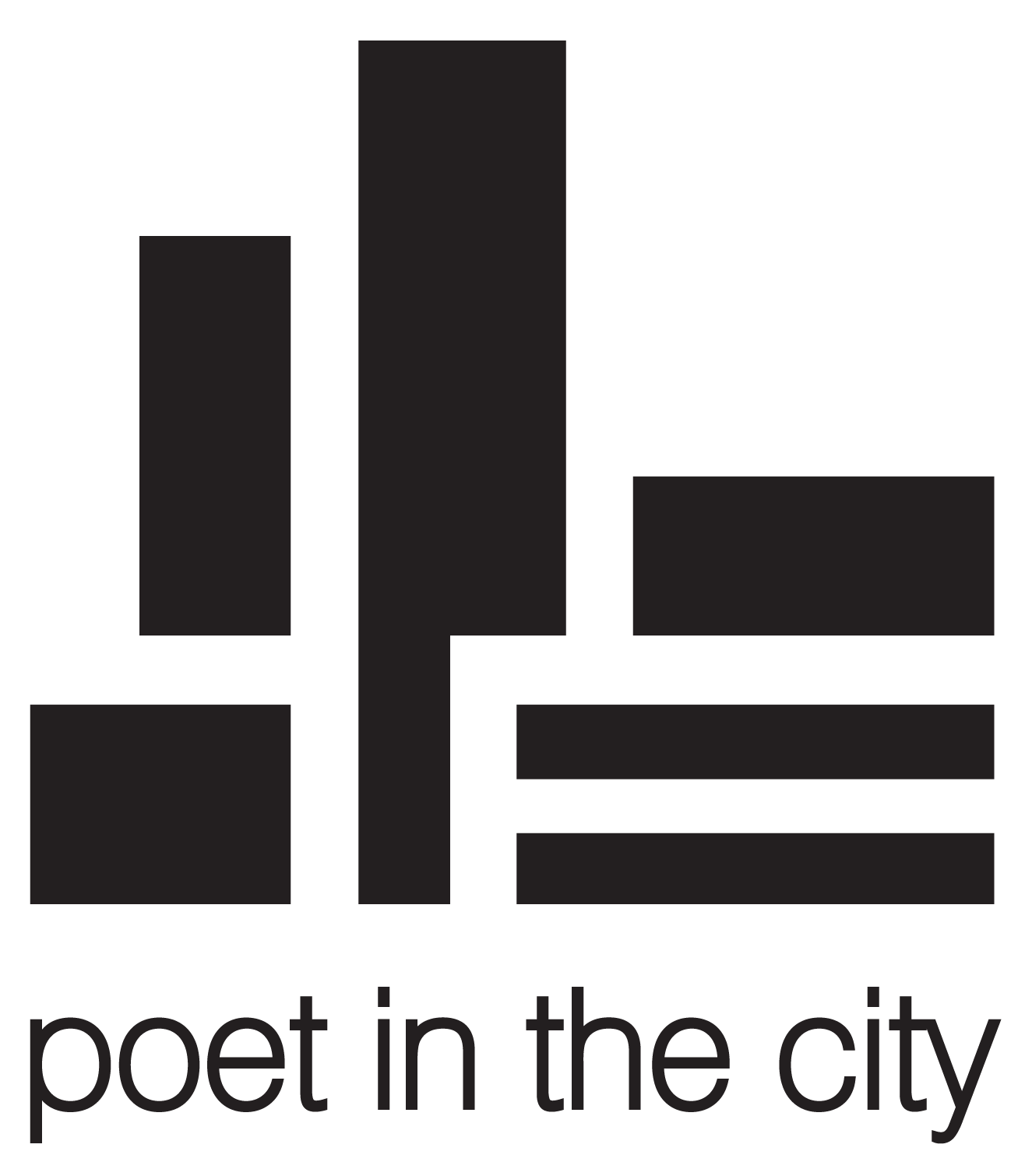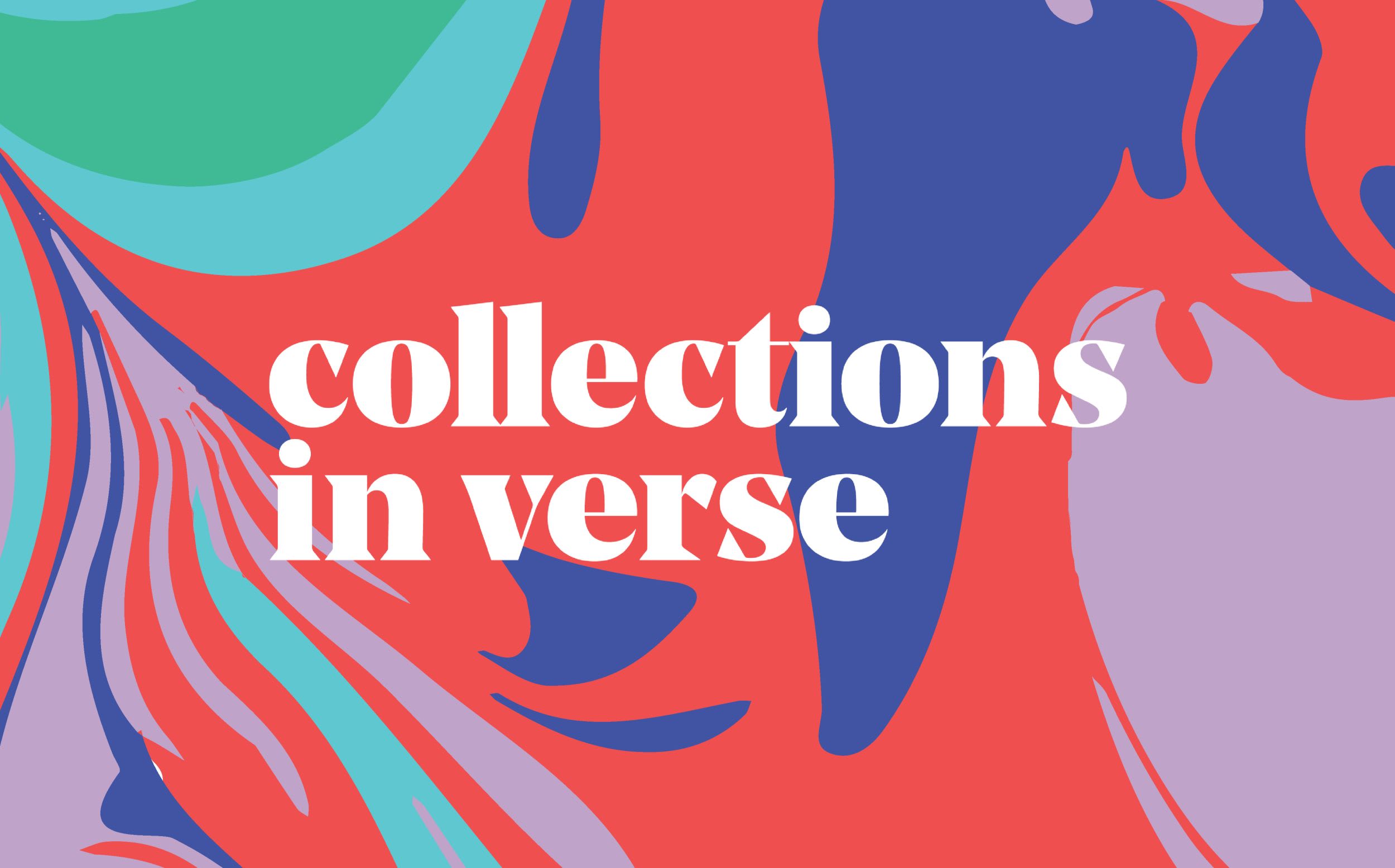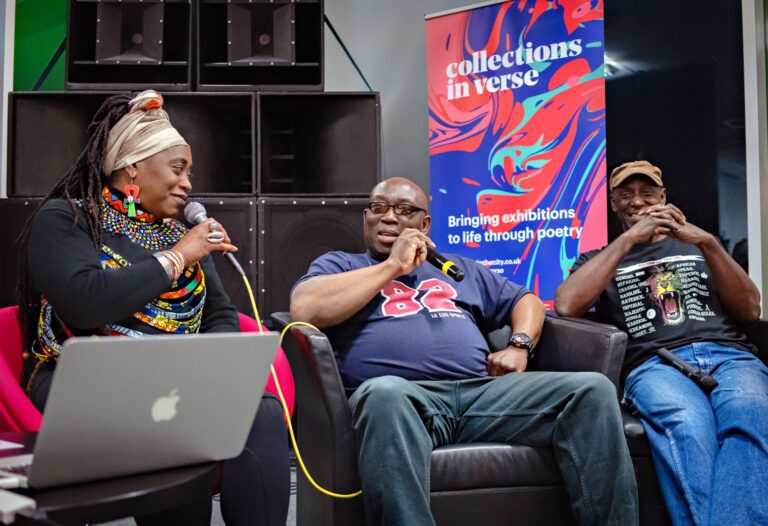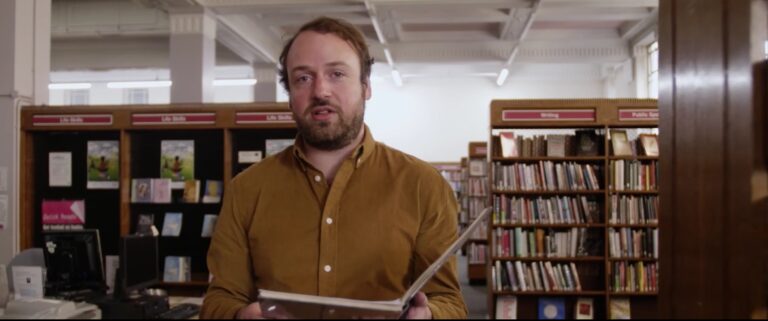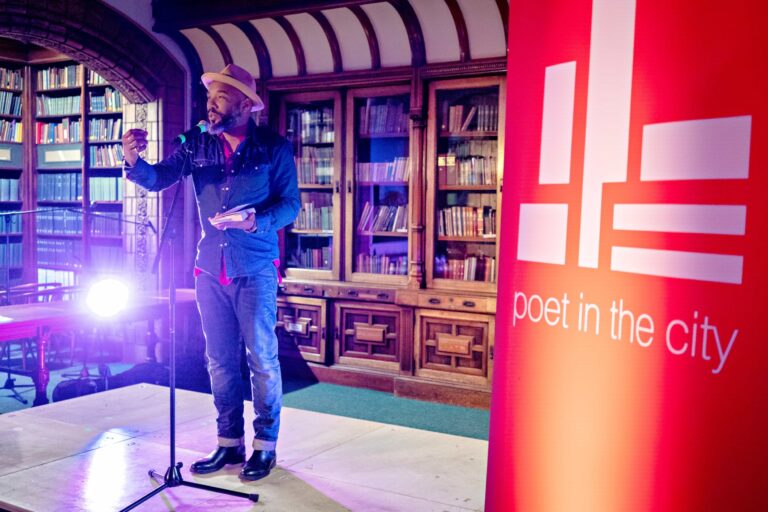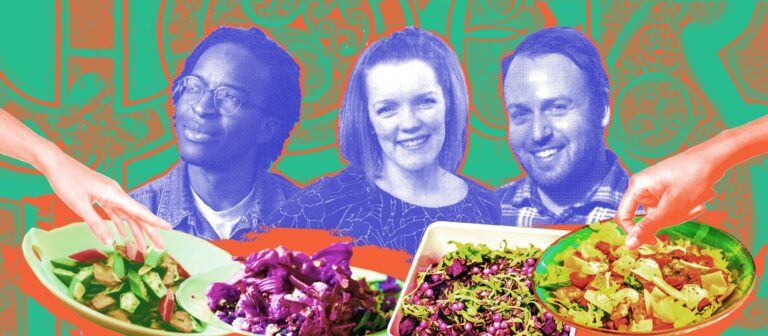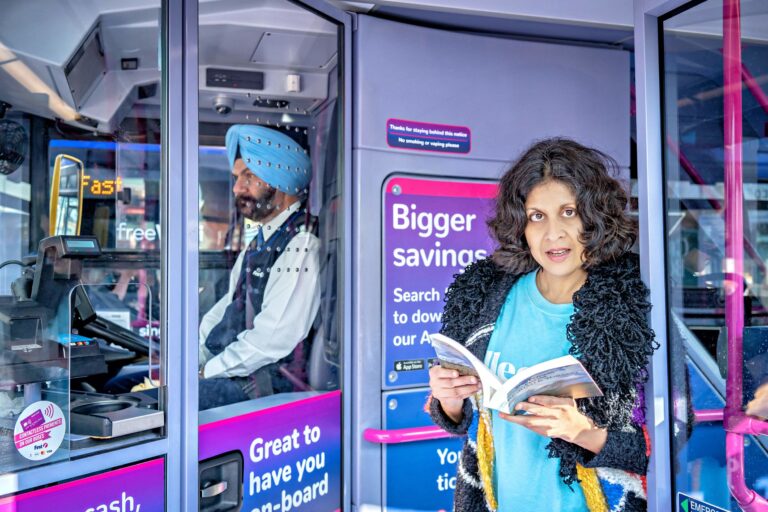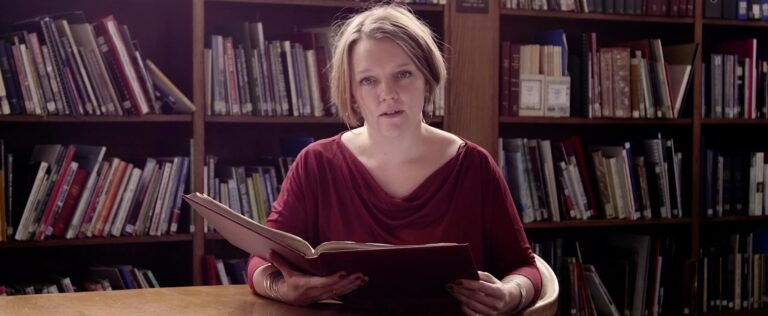Notes From The Herstory Launch
In September 2021 Poet in the City along with project partners the British Library, Newcastle Libraries, and Libraries Unlimited Exeter held two hybrid in-person and online events to relaunch Herstory – one in each city. This is a summary of those discussions, and the thoughts and suggestions that emerged from them to inform March 2022’s Herstory festival.
Newcastle Herstory
The event at Newcastle City Library was hosted by Louise Young. She was joined by poets Degna Stone, Sky Hawkins, and Ellen Moran; Polly Russell from the British Library; Chantal Herbert, Sarah Winkler-Reid & Sarah Ralph-Lane from Girl Kind; and Ruby Baker from Poet in the City
Attendees were there to consider the state of the gender equality movement on Tyneside and to explore new pathways for change and action.
We wanted to find out how the pandemic has changed the feminist fight in Newcastle and how it has impacted the lives of the women there. We asked what the outcome of March 2022’s Herstory festival should be, and what stories it should centre – how can the festival move the conversation forward for the women of the city?
Important stories and voices to centre
We need to include: rural women, young people, and the spectrum of different ethnicities. Real women’s voices should be heard – but what do we mean by ‘real women’?
Stories should be creative but also political. Get artists to work with each other. Recognition that it’s hard to get women’s organisations to work together.
We should also think about financial aspect – is your alleyship performative? We need to pay rent! Pay people from marginalised communities. Pay for rent and sustenance but also therapy/care.
Huge institutions like theatres, music centres and galleries aren’t accountable – they come into
communities with short term projects or offers then disappear leaving local community buildings at
risk. Local people feel like these organizations are undermining community space. These are
ivory tower initiatives that come and go.
There was a flood of information during lockdown. We were torn between women’s safety, Covid, BLM – but not enough people were joining the dots. There were conversations about women of colour dying at the hands of men, but not enough.
If we are going to have a discussion about women’s safety we need to look at the broader picture, bring it back to feminism and find the common thread. We need to provide a good facilitator to make that everyone gets to speak rather than the loudest voices dominating.
Impact of the pandemic
Has the pandemic made us stronger, more vocal? There’s definitely been a power shift, redressing the
balance.
Toxic positivity is a thing now!
People get exhausted from constantly having to run mutal aid initiatives like food banks, they can’t endlessly get involved or they risk burning out. Mutal aid has certainly helped but most of it isn’t very radical and doesn’t campaign.
The spotlighting of black women has led to increased trauma
People living with a disability are more isolated – socialising and making new friends is harder. In terms of accessibility the move online is a red herring – it only serves certain people
Jo at Workie Ticket has surveyed women to find out how covid has affected them. Themes that emerged included: maternity rights, bodies and pregnancy, carers at higher risk of covid, elderly women left on their own, pressure of home schooling, harder school runs, caring responsibilities increased, closure of spaces where women felt safe, domestic abuse and murder, increased loneliness
During lockdown there was more time to get involved in groups, events, workshops, campaigns. But this also highlighted how fragmented things are. We can get involved in more things but where are we going with it?
Priorities for Herstory festival
The festival in March should be: joyous, passionate, diverse, wholesome, unapologetic, powerful, change-making
It should create a community that has not existed before.
We need to focus on intergenerational spaces in local communities – welcoming and helping people
who have been isolated and lonely.
We should aim for a good balance of online and in person events while still considering Covid safety.
Exeter Herstory
The relaunch in Exeter with Libraries Unlimited was hosted by Tolu Agbelusi. She was joined by:
British Library curator Debbie Cox, Dreadnought Southwest’s Josie Sutcliffe, Artist and Activist Nicci Wonnacott, Mothers Who Make’s Lizzy Humber and Poet in the City’s Ruby Baker.
Attendees were there to discuss the main issues facing women and non-binary people in Exeter, and which stories most need to be at the centre of the feminist fight.
We asked how we can use March 2022’s Herstory festival, and Exeter Libraries more broadly as a space to collect, share and amplify women’s stories. What is the most important outcome to achieve through the festival in terms of moving the discussion forward?
Main issues and stories to centre
Centring marginalised women is imperative, but there was a recognition they are often unable to attend events (such as this discussion) due to being overworked, exhausted, and having other responsibilities.
How can we ensure that women experiencing homelessness, those working night shifts, those without childcare and support networks have their voices heard? We need to go to them, into communities, rather than just talk about these issues is inaccessible circles and hope it’ll help.
Urgent issues include improving living and working conditions, working to help with women’s immediate needs, activism and campaigning, childcare, community kitchens
Many attendees were responding to the horrific events that have taken the lives of young women in Exeter’s streets. Creatives and Artists want to explore our landscapes and natural environments but for womxn this can feel difficult and unsafe to do alone. There is no equity without safe access to spaces.
Priorities for Herstory festival
The festival needs to be: anti-capitalist, anti-racist, revolutionary, pro-working class, accessible at its core, relevant and inclusive
The more voices the better – must include trans and non-binary people
Getting people in the room is important and we can’t assume what they might need in advance. Make this festival as accessible as possible and use it as a platform to ask the most marginalised women and
Non-binary people what they need moving forward.
Create true solidarity across boundaries – between classes, races, genders, sexes. Break down barriers to bring people together. By understanding each other we can overcome divide and rule tactics.
Change needs to be authentic – actual community, not lip service to ideas
Ideally the festival could grow in to something that allows people to meet regularly and provide consistent help for marginalised.
Diversity starts with representation, needs to be seen in the group, the organisers, those at the top.
Could the festival bring the outdoors indoors? Re-framing how womxn can explore a relationship with the wilderness. Could it provide a space that is open 24hours, and filled with the outdoors?
Explore the ways that books can take people on journeys and into new environments. Capitalise on Spring and include Climate Change conversations
Take inspiration from the NAP ministry – resting as a radical act
